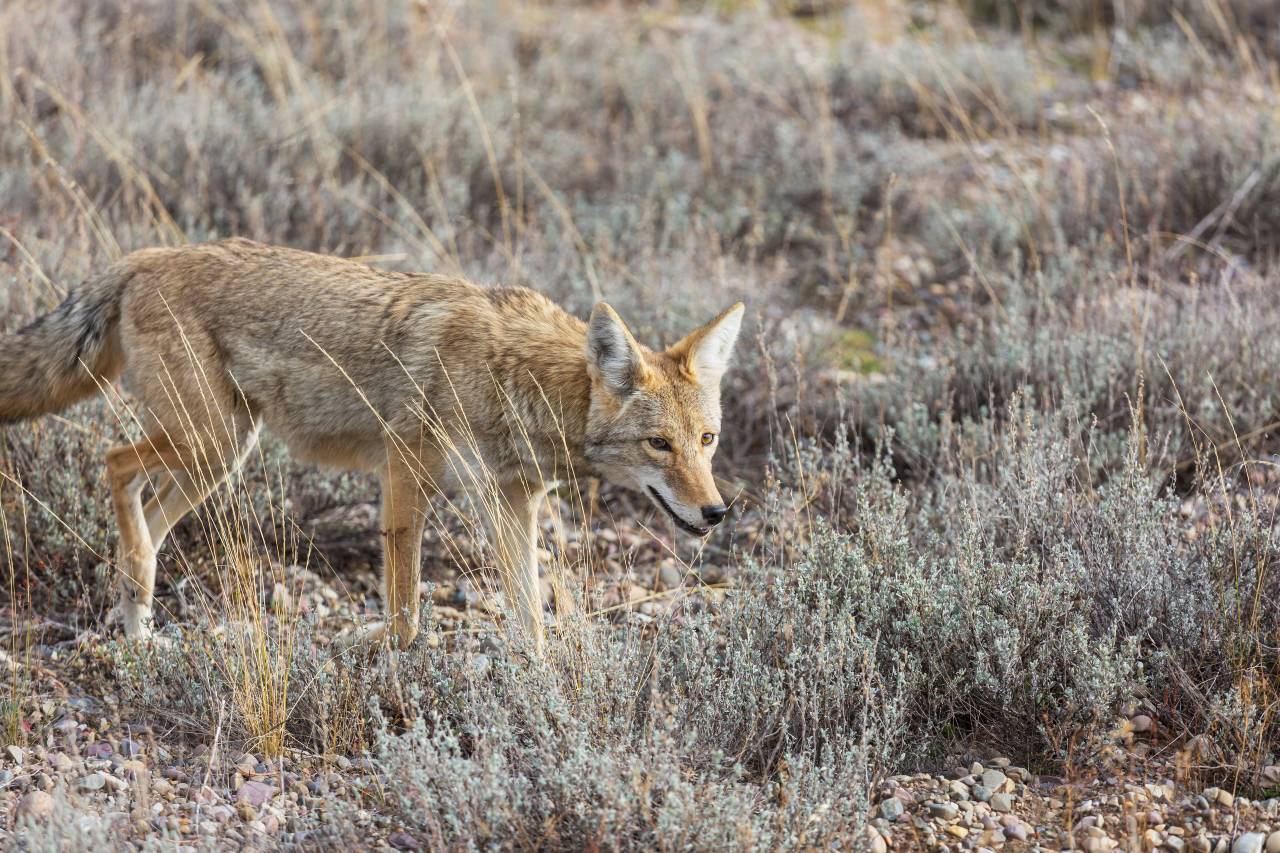Wildlife Conservation


Wildlife Conservation
Wildlife conservation is the practice of protecting and preserving wild animals and their habitats. It involves a range of activities and efforts aimed at ensuring that the various species of animals living in the wild can thrive and survive in their natural environments. There are many benefits of wildlife conservation, which we will discuss in detail in this article.
Biodiversity preservation
Wildlife conservation plays a crucial role in preserving biodiversity. Biodiversity refers to the variety of life on Earth, including plants, animals, and microorganisms. The conservation of wildlife helps to maintain the balance of nature and ensures the survival of various species. When a species becomes extinct, it can have a domino effect on the ecosystem, causing a ripple effect that can lead to the extinction of other species. Therefore, wildlife conservation is crucial in preserving biodiversity and maintaining the balance of nature.
Ecological balance
Wildlife conservation also plays a crucial role in maintaining the ecological balance of the planet. Every species in the ecosystem plays a vital role in maintaining the balance of nature. For example, predators keep the population of their prey in check, which in turn helps to prevent overgrazing of vegetation. When a species becomes extinct, it can have a domino effect on the ecosystem, causing a ripple effect that can lead to the extinction of other species. Therefore, wildlife conservation is essential in maintaining the ecological balance of the planet.
Preservation of natural resources
Wildlife conservation is also crucial in preserving natural resources. Many wild animals are an essential source of food, medicine, and other materials that are essential to human life. For example, many species of plants and animals are used in traditional medicine, and their loss could have a severe impact on human health. Similarly, many wild animals are hunted for their meat and fur, and their loss could have a significant impact on local communities. Therefore, wildlife conservation is crucial in preserving natural resources.
Tourism and recreation
Wildlife conservation also plays a crucial role in promoting tourism and recreation. Many people enjoy watching wildlife in their natural habitats, and ecotourism has become a significant industry in many parts of the world. Ecotourism can provide local communities with much-needed income and can also help to raise awareness about the importance of wildlife conservation. Therefore, wildlife conservation is crucial in promoting tourism and recreation.
Economic benefits
Wildlife conservation also provides many economic benefits. Many countries rely on natural resources and wildlife for their economy. For example, wildlife can provide income through hunting, fishing, and ecotourism. Wildlife conservation can also create jobs and boost local economies. In addition, many species of plants and animals have commercial value and can be used in the development of new medicines and other products. Therefore, wildlife conservation is crucial in providing economic benefits.
Scientific research
Wildlife conservation also plays a crucial role in scientific research. Many species of plants and animals have unique characteristics that can be used in the development of new medicines and other products. For example, many plants contain compounds that can be used to treat diseases such as cancer and malaria. In addition, many species of animals have unique adaptations that can be studied to better understand the natural world. Therefore, wildlife conservation is crucial in promoting scientific research.
Education and awareness
Wildlife conservation also plays a crucial role in education and awareness. Many people are unaware of the importance of wildlife conservation and the impact that human activities can have on wild animals and their habitats. Wildlife conservation efforts can help to raise awareness about the importance of preserving natural resources and can also provide educational opportunities for people of all ages. Therefore, wildlife conservation is crucial in promoting education and awareness.
Climate change
Finally, wildlife conservation plays a crucial role in addressing climate change. Climate change is one of the biggest environmental challenges facing the world today and has significant implications for wildlife and their habitats. By conserving wildlife and their habitats, we can help to mitigate the impacts of climate change and protect vulnerable species from extinction.
Conservation efforts, such as reforestation and habitat restoration, can help to sequester carbon dioxide from the atmosphere and reduce greenhouse gas emissions. Wildlife conservation can also help to protect biodiversity, which is essential for the resilience of ecosystems in the face of climate change.
In conclusion, wildlife conservation is essential for the protection and preservation of wildlife and their habitats. It provides several benefits, including the protection of endangered species, promoting sustainable use of natural resources, economic benefits, scientific research, and addressing climate change. By supporting wildlife conservation efforts, we can help to ensure that future generations can continue to enjoy the beauty and benefits of the natural world.




